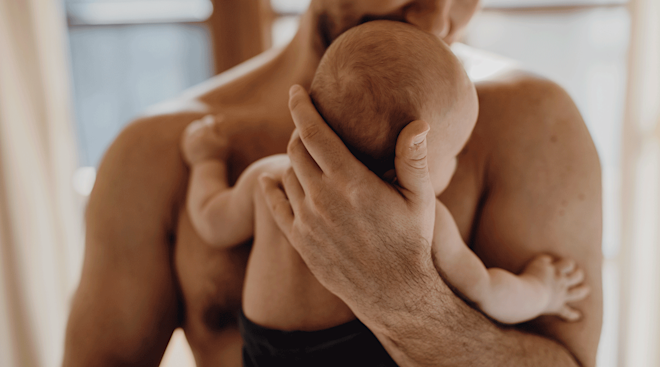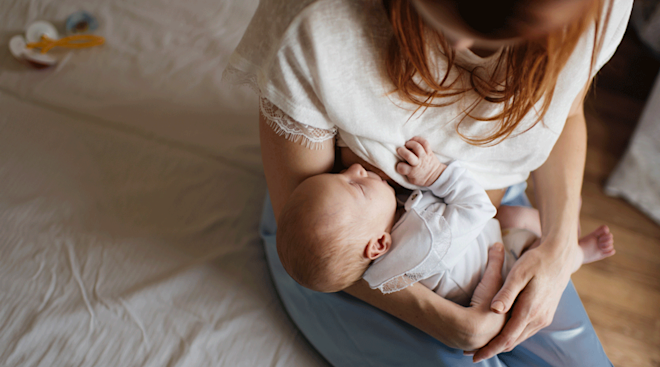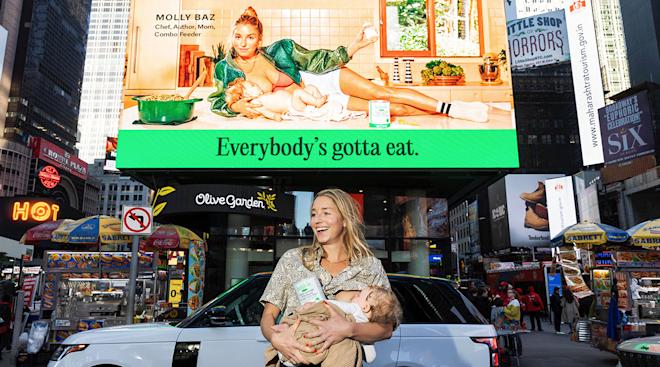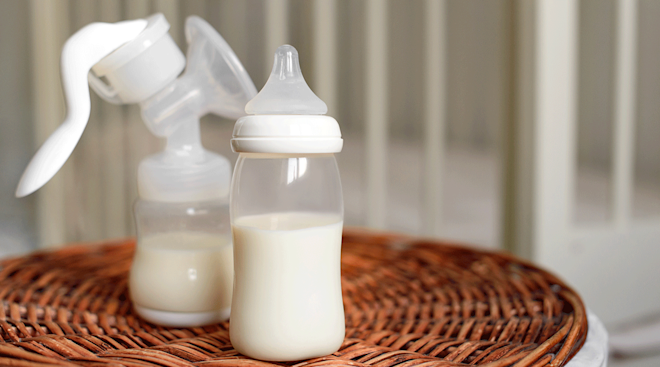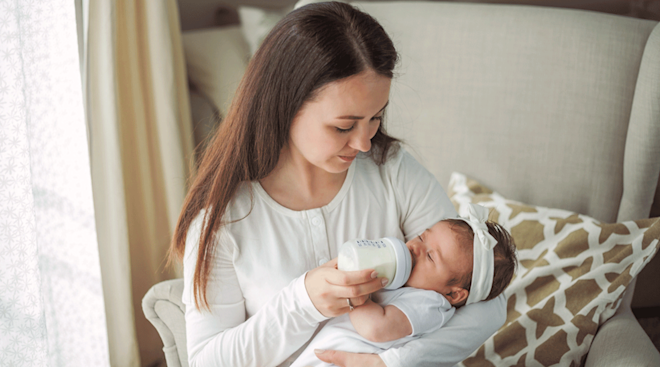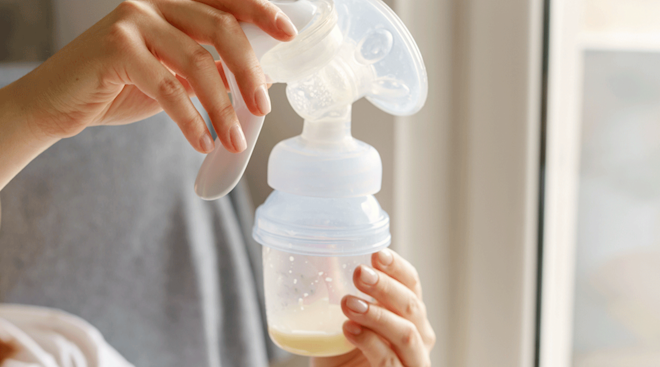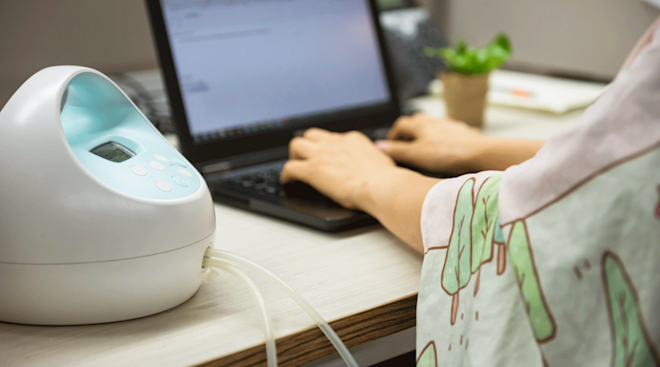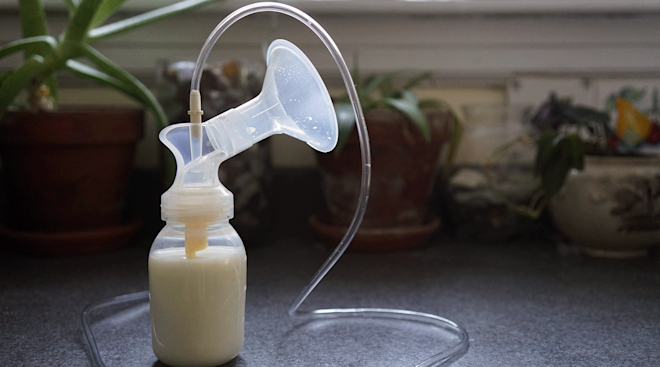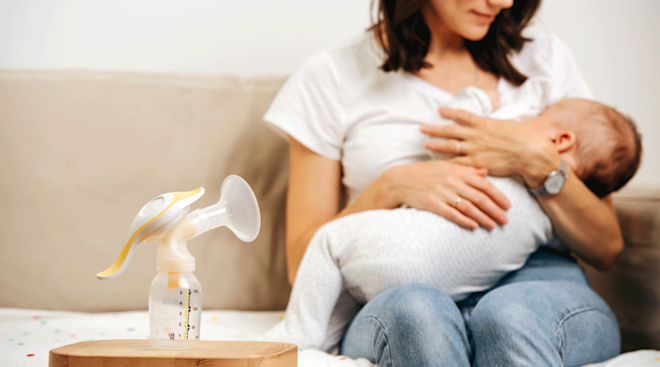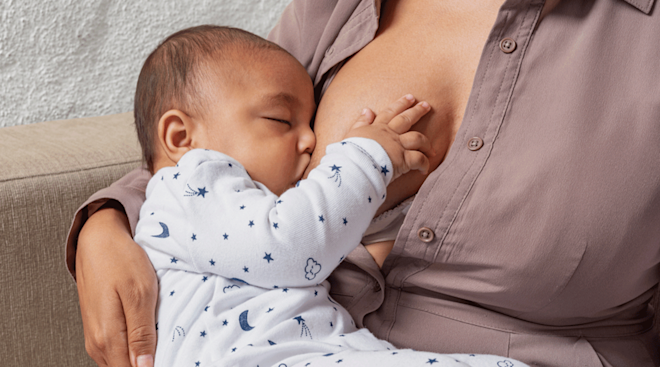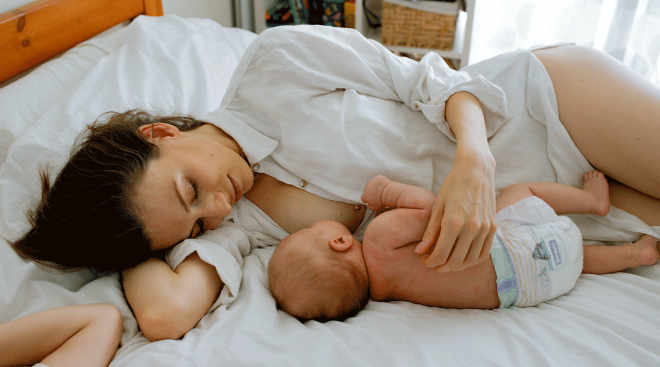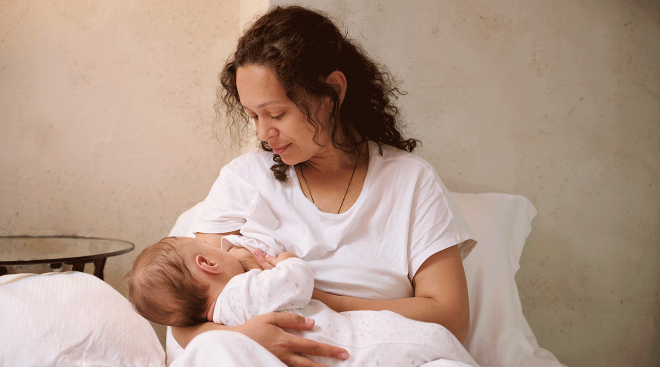These Are the Top Three States for Breastfeeding Moms
Although breastfeeding in public is legal in all 50 states, sadly it doesn’t mean you’ll be able to nurse anywhere, at any time and everyone around you will support your decision. Every day, moms are still shamed for feeding their children in public, and if nothing else, it shows a true lack of knowledge and understanding of breastfeeding.
Mamava, the company behind on-the-go lactation pods for nursing moms, released a comprehensive list of workplace and public breastfeeding laws in each state, as well as initiatives and support the state offers to nursing moms. Each state was ranked on a five “drop” system, with the worst states only being awarded one drop. Here’s a breakdown of each drop:
-
One drop: State law protects breastfeeding in public (which all states do as of last summer), but there are no state-level workplace breastfeeding laws. Breastfeeding mothers who are paid hourly are covered by the federal Fair Labor Standards Act (FLSA)
-
Two drops: State law provides workplace breastfeeding rights for specific employee sectors (city employees), or mandates lactation accommodations for specific locations (airports, municipal buildings, etc.)
-
Three drops: State law protects all working breastfeeding moms (not just hourly), and exceeds the federal FLSA law
-
Four drops: State law protects all working breastfeeding mothers, and additional state legislation protects specific populations or mandates lactation accommodations for specific locations.
-
Five drops: Referred to as the “gold standard,” five drops indicates that state law protects all working breastfeeding mothers, identifies standards for lactation spaces and additional state legislation protects specific populations and mandates lactation accommodations for specific locations
Not a single state received the gold standard five drop award, which shows just how much work is left to do. Only three states managed to earn four drops each: California, Illinois and New York. Here’s why.
California Breastfeeding Laws
California’s breastfeeding protections notably exceed those of other states. The state law not only protects a woman’s right to breastfeed in public, but it also requires public airports to provide lactation spaces, county jails to implement a breastfeeding policy for lactating inmates and certain hospitals to promote breastfeeding. Its workplace lactation laws are better than most, and exceed the FLSA requirements in that they cover all employees. Specifically, San Francisco now has the highest standards for lactation accommodations in the entire country. Read more about California’s breastfeeding laws here.
Illinois Breastfeeding Laws
Mothers have the right to breastfeed in any public or private place they’re allowed to be. Illinois is a breastfeeding-positive state with workplace laws that exceed the FLSA by requiring employers with more than five employees to provide time and a space to pump. This coverage is extended to all employees (not just hourly). In Illinois, breastfeeding mothers are exempt from public indecency laws and can be exempt from jury duty upon request. Illinois employers with more than five employees are required to support breastfeeding employees by providing reasonable break time, and a space (other than a bathroom) to pump at work. The law was amended in 2018 to remove the language of “unpaid break time.” Read more about Illinois’s breastfeeding laws here.
New York Breastfeeding Laws
New York was one of the first to protect a woman’s right to breastfeed in public back in 1994. Much like California and Illinois, all employers in New York are required to offer break time and a space that is not a bathroom for breastfeeding moms to pump. It also mandates that lactation spaces be added to all public services that offer help to families, such as the Department of Health and Mental Hygiene, the Administration for Children’s Services, and the Department of Social Services. Read more about New York’s breastfeeding laws here.
Click here to learn more about your state’s breastfeeding laws, and to find out where it falls according to Mamava’s system of ranking.
Please note: The Bump and the materials and information it contains are not intended to, and do not constitute, medical or other health advice or diagnosis and should not be used as such. You should always consult with a qualified physician or health professional about your specific circumstances.
Navigate forward to interact with the calendar and select a date. Press the question mark key to get the keyboard shortcuts for changing dates.


































